In this Expert Insight Interview, James Turk discusses his new book, Money and Liberty. James Turk is the founder and director of Goldmoney Inc., a gold-based financial services company listed on the Toronto Stock Exchange that administers $1.8 billion in precious metals. He has specialized in international banking, finance, and investment since the beginning of his career in the late 60s with Chase Manhattan (now JP Morgan). He later managed the commodity department at the Abu Dhabi Investment Authority.
This Expert Insight Interview discusses:
- The difference between currency and money
- The meaning of purchasing power
- Gold’s ability to maintain purchasing power over a long period
Currency vs. Money
Purchasing power is the financial means to buy, sell, and invest. In other words, we work to acquire purchasing power, and money conveys that purchasing power. Currency is different than money. Cash can be created out of thin air by central banks, which puts people who earn purchasing power at a disadvantage.
For example, the Federal Reserve has been pumping out a quantity of dollar currency much faster than real money; politically honest money, such as gold, has been growing. Inflation is a consequence of that.
Inflation and Purchasing Power
Inflation is a big topic right now, but people often get confused about the difference between money and currency. We hear about gold all the time, but many people feel that gold is something specialized that perhaps they can’t get into or shouldn’t be considered because they do not know too much about it.
People sometimes are reluctant about what is considered “traditional” places to invest. However, gold is not an investment; it is money. These are fundamentally different things. An investment portfolio can be divided into investments and cash, and gold would go into the cash category.
Gold as a Store of Value
Gold doesn’t increase your purchasing power, it just maintains it over a long period, which is one of the functions of what money is supposed to do, and gold does it very well. The beauty of it is that there is no counterparty risk because it is a tangible investment.
It is money you own, not money owed to you by some bank or government. There’s a fundamental difference there too, and it becomes particularly important when we have a financial crisis, and there have been many of those throughout history.
Our Host
John is the Amazon bestselling author of Winning the Battle for Sales: Lessons on Closing Every Deal from the World’s Greatest Military Victories and Social Upheaval: How to Win at Social Selling. A globally acknowledged Sales & Marketing thought leader, speaker, and strategist, he has conducted over 1500 video interviews of thought leaders for Sales POP! online sales magazine & YouTube Channel and for audio podcast channels where Sales POP! is rated in the top 2% of most popular shows out of 3,320,580 podcasts globally, ranked by Listen Score. He is CSMO at Pipeliner CRM. In his spare time, John is an avid Martial Artist.


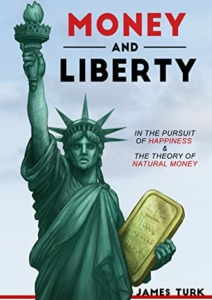
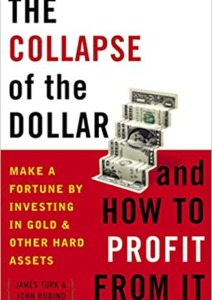
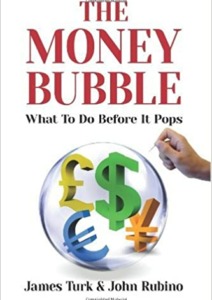
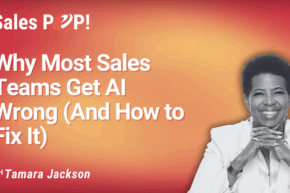

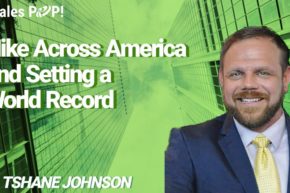


Comments